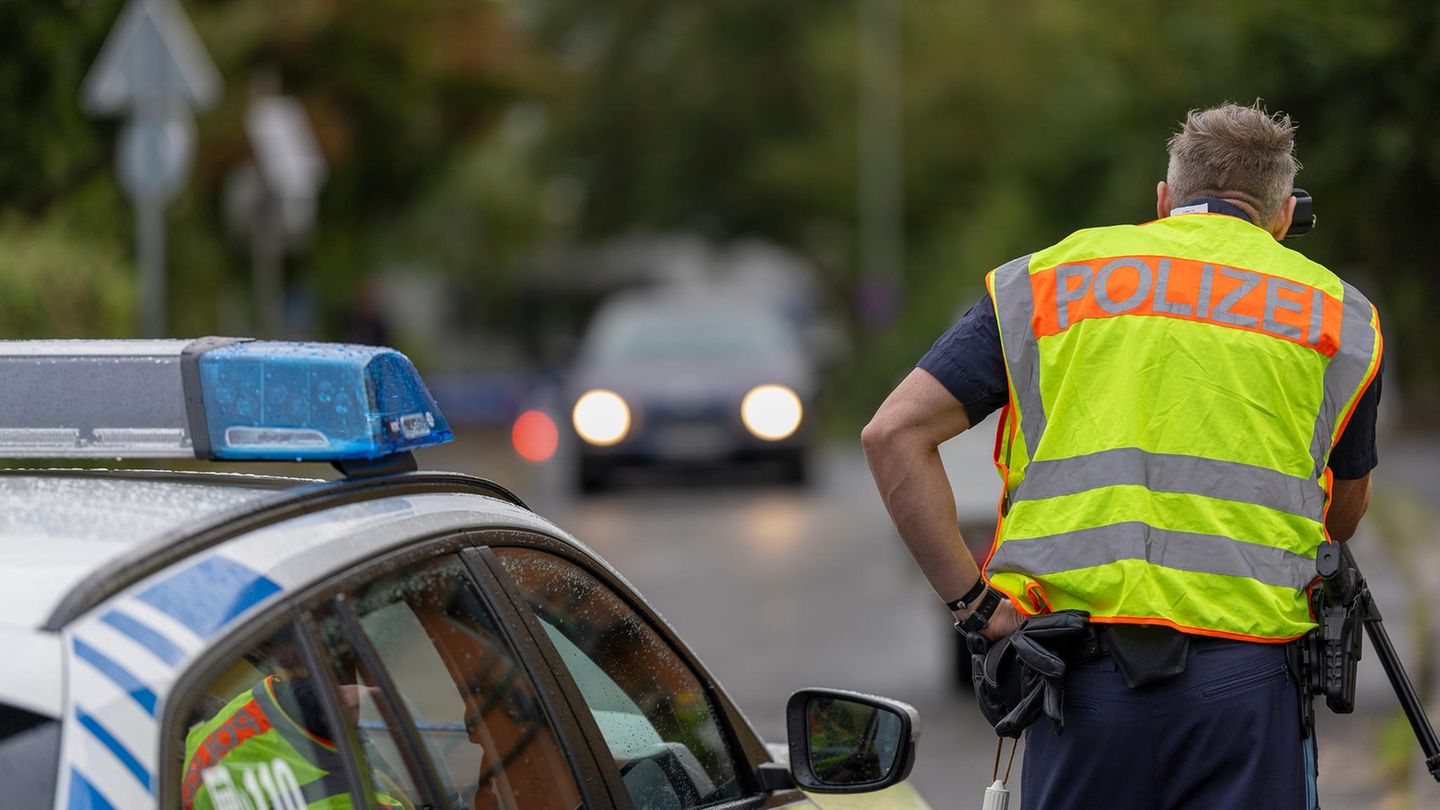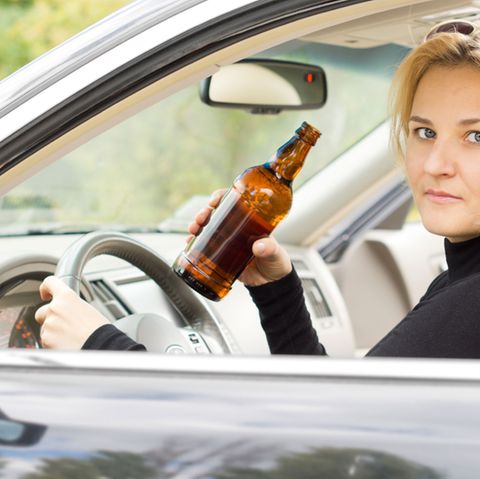Traffic law
Vehicle control! That’s why you should leave your driver’s license at home
Copy the current link
Anyone who forgets their driver’s license is committing an administrative offense. It can be wise to accept a small fine and leave the rag at home.
The ordinary German always has his documents in the car – vehicle registration and driving license. He has to, because that’s how it’s prescribed. Anyone who forgets is committing an administrative offense. However, sometimes that is not wise.
First of all: What happens if you get caught in a traffic stop but don’t have a driver’s license with you? Then you have to pay a warning fine of ten euros and possibly show your driver’s license at the station. The fine is comparatively small. If you park with your tire on the footpath, you will have to pay at least 55 euros. The fine is also so small because most road users do not act intentionally, but have simply forgotten the documents.
Without a car for months
But what’s the worst that can happen if you have your driver’s license in your pocket? The police can then confiscate it during a check. If your driver’s license – i.e. the cardboard or the card – has been confiscated, you are no longer allowed to drive. Until you get the ticket back. So the “punishment” comes immediately, long before the legal process is complete.
If you suspect you are driving with drugs, the police regularly pocket the card. The person affected then has to walk until the blood results arrive. This can take up to three months. Of course, the loss is particularly annoying for one person – hopefully! – negative result of the test. So if your eyes were a little strange or you seemed drowsy, but you didn’t take any drugs. You can’t expect any compensation.
Only the card can be taken with you
If you don’t have your driver’s license when you check, the police can’t take it with you. Confiscation is only possible for a physical note; the intangible right behind it cannot be confiscated.
In principle, the police could alternatively seek legal protection. However, this is very time-consuming for the officials and will therefore not be the normal procedure. Especially since the person concerned has the opportunity to defend themselves against the seizure with a statement, objection and lawyer. All of this has a suspensive effect, so the blood results will probably arrive before the trial.
But even if the driver’s license was legitimately confiscated, there are advantages if this does not happen immediately – for example if you are driving with a blood alcohol limit. If the card is gone, you can have a problem with the legal process – always if the procedure takes longer than the punishment. Then you’ll be right in the end, but you won’t be able to get back the months without a car. Anyone who relies on a car because of their job can hope for an understanding judge. Then there is the option of scheduling the blocking period so that the workplace is not endangered.
A copy of your driving license usually helps
It is advisable to carry a copy of your driver’s license with you. Contrary to popular belief, there is no general ban on copying ID cards. However, it is important that the copy is recognizable as such and could not be seen as a deception. So a normal black and white copy should be fine. However, you should not forget that in many situations you definitely need the real rag. A copy is not enough to get a rental car.
Addition: Some readers got the impression that you can just do anything – without consequences – if you just don’t have your original driver’s license with you. Of course that’s not true. Particularly in the case of serious offenses such as drunk driving resulting in an accident and injuries, a judge will order the confiscation of the certificate.
The difference is: If the driver’s license is not immediately confiscated, the person concerned has legal recourse – if the driver’s license is already gone, legal recourse is also open to them – but then they do not have a driving license. In the case of minor offenses, the permit may not be withdrawn before the end of the procedure.
Source: Stern
I’m a recent graduate of the University of Missouri with a degree in journalism. I started working as a news reporter for 24 Hours World about two years ago, and I’ve been writing articles ever since. My main focus is automotive news, but I’ve also written about politics, lifestyle, and entertainment.





